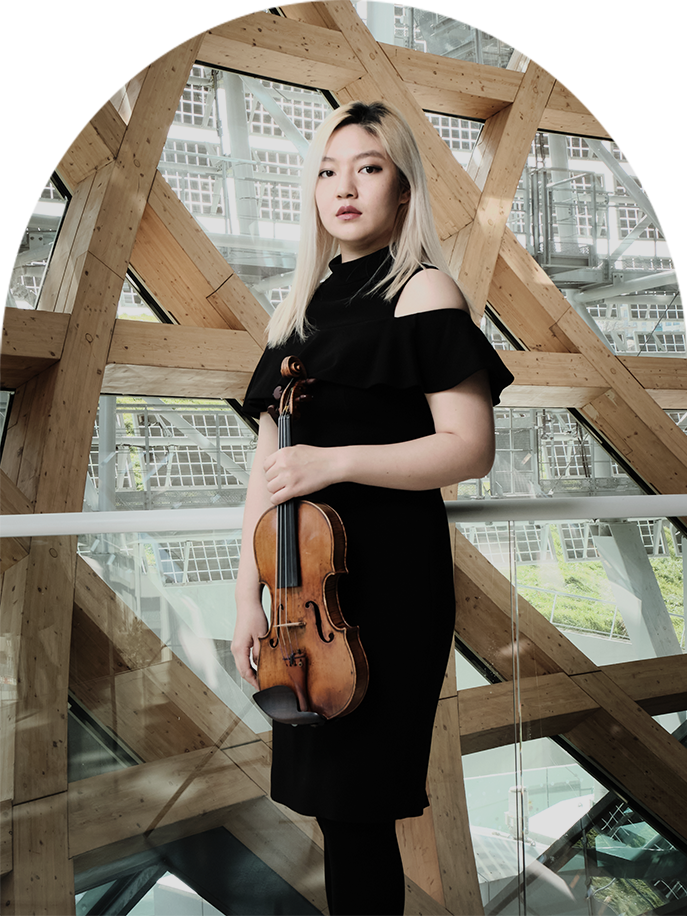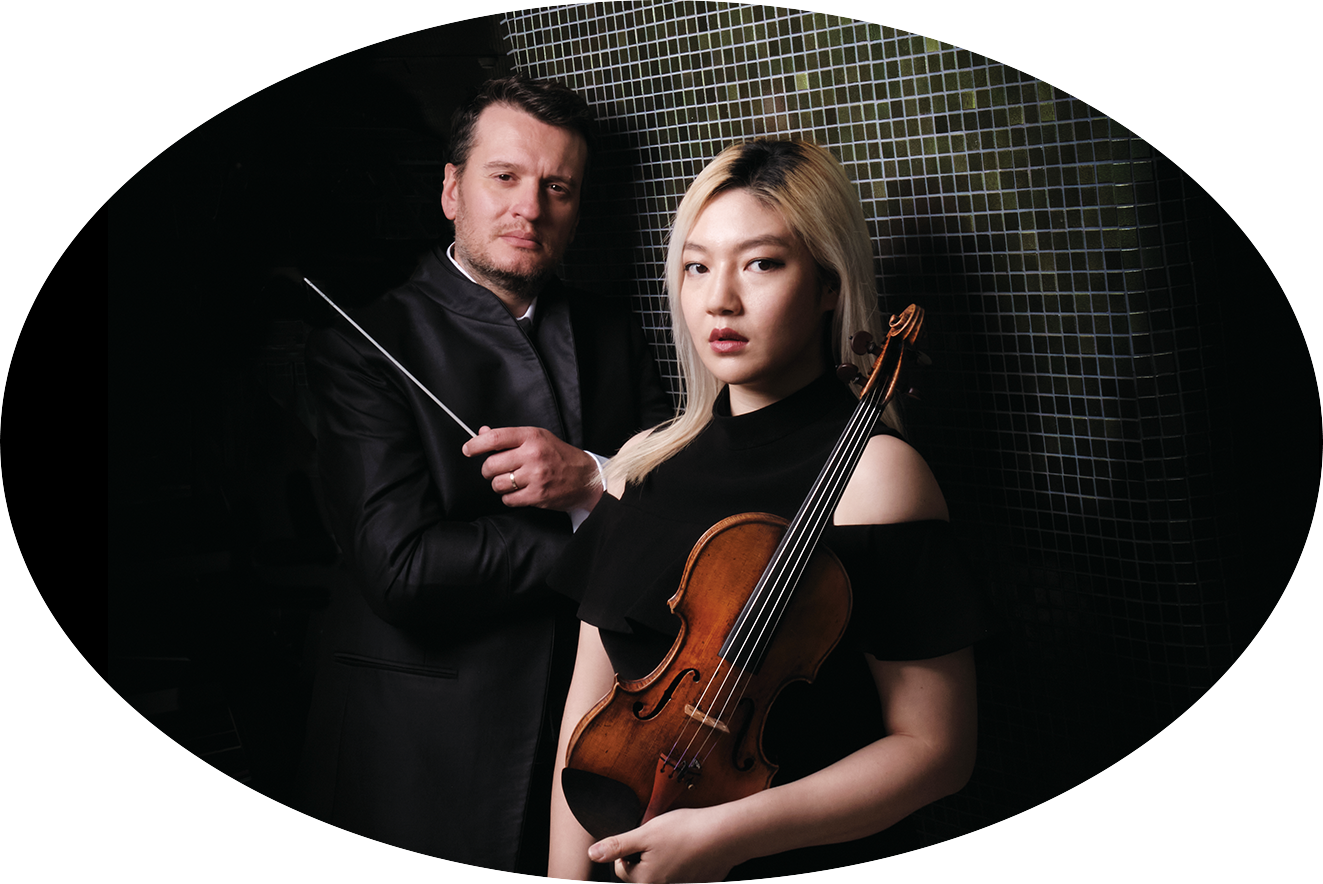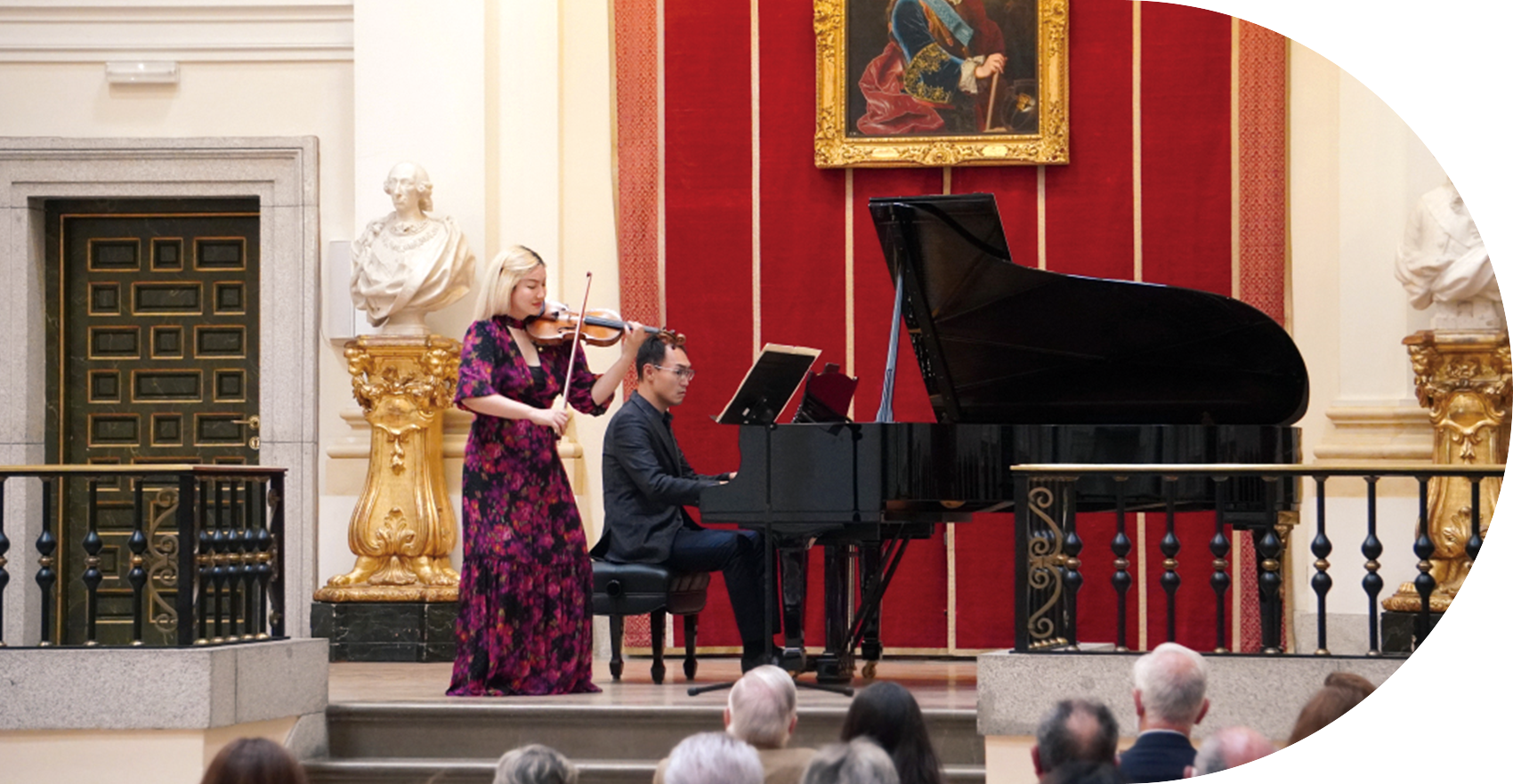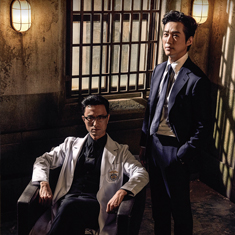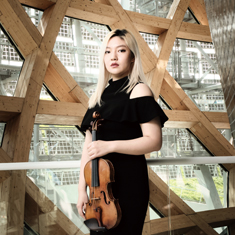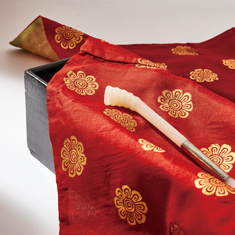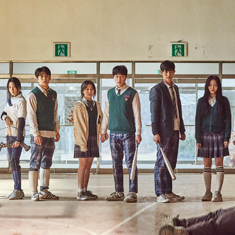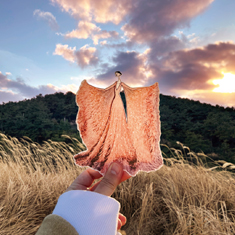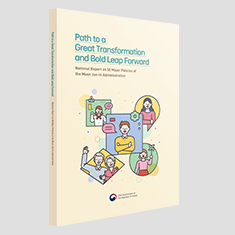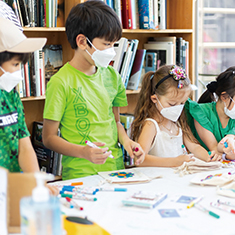Part 1: “I don’t want to be anyone else.
I want to be Jinjoo Cho.”
Q - I found an interesting conversation in your collection of essays published last year: A reporter asked you “Why did you choose the violin.” You replied, “It was my mother’s recommendation. I didn’t choose it.”
Without realizing it, the violin became my path in life. It was never my intention to play the violin. It actually took me quite a while to fall in love with music. I received praise and attention whenever I did something well when I was a teenager, so I was happy. However, I started wandering when I was in my twenties. I spent time thinking about why I should follow music and why I should devote my life to it. I have gone through a lot of different things, but now, I’m a music lover. I can say that I am fortunate to have made music my profession.
Q - What were your biggest interests as a teenager?
I was curious when I was younger, so there were a lot of things that I liked. Besides the violin, I also worked hard in swimming and skating. I was also interested in history. My ability to handle musical instruments stood out more than my skills in other areas.
Q - Who was the most influential violinist in your childhood?
Sarah Chang. I think she is the one that violinists in my generation looked up to the most. Parents enroll their children in violin lessons because of Sarah Chang the same way they do for figure skating because of Yuna Kim. My generation has a lot of incredible violinists. Most of them, such as Dami Kim, Ye-eun Choi, Jihye Lee, Clara-Jumi Kang and Zia Hyunsu Shin, are regarded as “Sarah Chang’s Kids.” However, at some point in my life, I stopped feeling like I needed to have a role model or someone I wanted to be like. I don’t want to be like anyone else. I want to be Jinjoo Cho.
Part 2: “I work at the forefront of music,
so my bow and sheet music are my shield.”
Q - You won the Montreal Competition when you were 17 years old. How did you prepare for the competition, and what do you think was the reason you won first place?
I didn’t have any experience in overseas competitions back then, so I didn’t know what to do. I worked hard without thinking. I was preparing for my college entrance exams at the time, so I had already learned a lot of songs. The concerto was ready, so I only needed to add a major repertoire and a sonata. I was the second youngest participant in the competition, so it wouldn’t have seemed odd if I didn’t place well. So I was able to play burden-free. I made a mistake during the finals, so I had to stop playing and start again. “What happened? Did I win?” That’s how I felt when I won. I smile whenever I think of that competition. Ji-yoon Park (the current concert master of the Orchestre Philharmonique de Radio France) participated in the competition with me. She took care of me like she was my older sister. Of course, a competition is a place where people compete against one another. However, for violinists, it’s also an opportunity to watch our seniors and juniors all perform at the same level. It’s an invigorating experience, and also a really nice way to make new friends. I have maintained good relations with the people I met at the competition.
Q - You are currently an associate professor at McGill University in Montreal. It’s also the place where your career began, so it probably has a very special meaning to you.
It’s a wonderful place where you can find art and culture scattered everywhere. The city is young, dynamic and vibrant. It’s a progressive city because of the large number of universities and university students. There are a lot of people who speak French, but I don’t have any trouble teaching at the university because they speak English. I can only understand about 10% of French, so it’s not an easy language for me to follow. I think the city is a really interesting cultural place. It’s like a melting pot of culture. It’s about 50/50 when it comes to artists from the United States and Europe, so you can see and experience a lot of different performances. I think it suits where I’m at in my life right now.
Q - You are currently the music director for the Encore Chamber Music Festival in the United States. We can feel your extraordinary affection for chamber music. What kind of charm do you think chamber music has?
To me, chamber music is more like a philosophy of life than a musical genre. I mainly learned chamber music from the Cleveland Quartet and the Cavani Quartet. They emphasized the fact that people in perfectly equal positions could create harmony. To me, it felt like the meaning of life. It was a fierce and intense experience. Anyone who has ever played in a string quartet will agree. I learned the true meaning of friendship while playing in a quartet. It’s a format in which exchange itself does not occur unless it’s equalized. Music will inevitably be different when it comes to a musician who listens carefully to another person’s voice versus a one who only listens to their own voice. I want to continue playing in a string quartet for a long time. I created the Encore Chamber Music Festival because I wanted young musicians to feel the intensity of chamber music. To put it bluntly, I wanted to contribute to world peace. I try to reflect that philosophy in my planning. I care about educational philosophy, the way I am when I’m with children, and the type of instructor I am. I want to create an environment in the midst of good and healthy competition in which children can encourage one another and feel like they are colleagues. Last year, we were able to safely complete the annual Encore Chamber Music Festival, which starts in the first week of June, before the Delta mutation of COVID-19 became too strong.
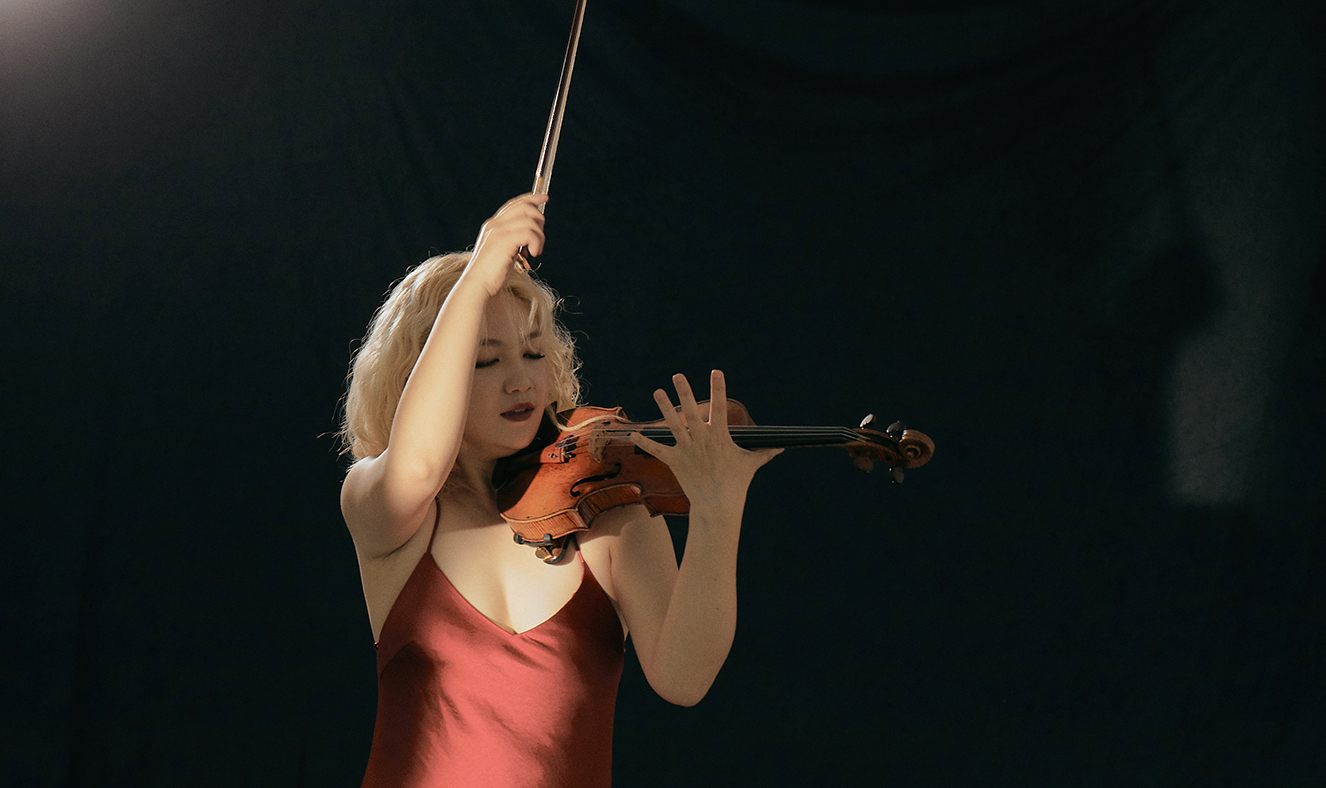
Cho has earned global praise for her extraordinary charisma and musicality.
Part 3: Coloring Saint-Saëns
with a Palette called Jinjoo Cho.
Q - You recorded Saint-Saëns’ violin work on the album Naïve last year to commemorate the 100th anniversary of his death. What kind of composer is Saint-Saëns to you?
I’ve been playing the violin ever since I was little, so I’m familiar with Saint-Saëns’ work. I think familiarity is embedded in the DNA of Saint-Saëns’ music. When I play, I feel like I’m talking to my close grandfather. I was most drawn to his uniqueness, so I kept that in mind as I was working on the album. I think it’s his patience. He had a wide range of activities as he was a teacher, organist, conductor and composer, so I was curious to know how he was able to remain true to himself.
Q - What characteristic do you think defines his music?
I believe he also must have been under pressure to write modern works like Ravel or Debussy, artists who were also his contemporaries. Nevertheless, I always found it interesting that he tried to stick to traditional melodies. Rather than following the flow of his time, he found his own character by sticking with tradition. While recording this album, I came to the conclusion that Saint-Saëns had found his own color through a number of influences, including German music. I found his persistence very appealing and interesting.
Q - I can feel your unique refinement as well as your fierceness, courage and fortitude when I listen to the album. What difficulties did you have when it came to interpreting the virtuoso Saint-Saëns’ violin pieces?
Saint-Saëns’ violin pieces are filled with a lot of fast elements befitting a virtuoso. However, I also feel like there is a comfort in them that seems to have been designed for violinists. Compared to Beethoven, who was more accustomed to playing the piano than strings, Saint-Saën was incredibly familiar with the violin. A part that sounds fast and flashy can be expressed as something difficult to play yet pleasant to listen to. It’s a technique that the body is able to adapt to, and the thrill remains after playing.


